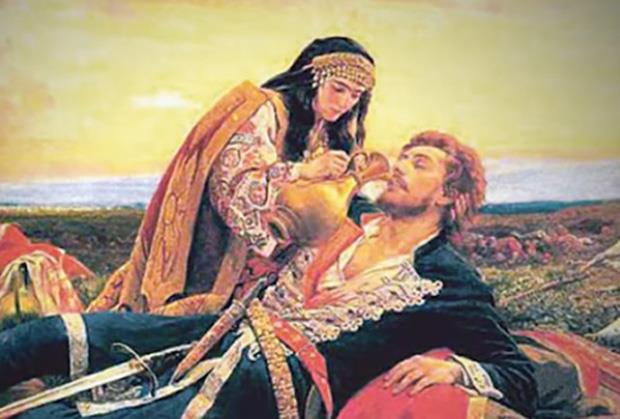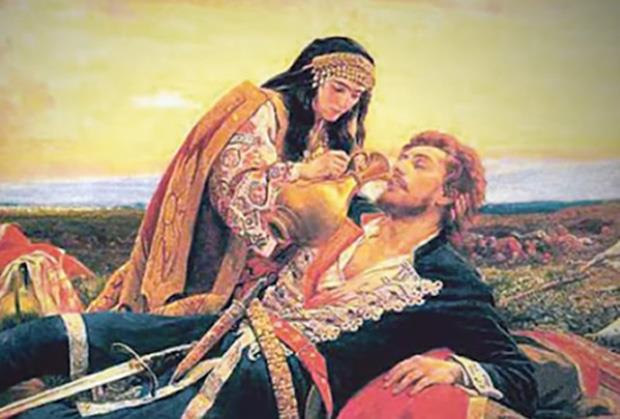Vidovdan has been one of the most important holidays for Serbs for centuries, but do you know how complex and controversial this day really is? The celebration of Vidovdan began in the 19th century as a commemoration of Prince Lazar and the heroes who died in the Battle of Kosovo in 1389. But Vidovdan is not just a historical date – it is a holiday of beliefs, customs, and folk legends that vary across Serbia. For example, unmarried girls believe that if they place vidova trava (Vidovdan herb), a little salt, and a piece of bread under their pillow on the night before Vidovdan, they will dream of their future groom. Also, on Vidovdan, it is forbidden to work the land or tend vineyards, and household chores are discouraged. Instead, it is recommended to start handcrafts like crocheting or embroidery.
But Vidovdan is not just a day of customs – it is a day that shaped Serbian history. On Vidovdan in 1914, Gavrilo Princip assassinated Archduke Franz Ferdinand, which was the trigger for World War I. Despite the huge losses, the Kingdom of Serbia emerged victorious, and Vidovdan became a symbol of national unity and the creation of the Kingdom of Serbs, Croats, and Slovenes. Accordingly, on Vidovdan in 1921, the first constitution of the joint state, known as the Vidovdan Constitution, was adopted.
However, Vidovdan also carries controversies. For example, in the 19th century, a secret convention between Serbia and Austria-Hungary was signed precisely on Vidovdan in 1881, which caused dissatisfaction due to the concessions Serbia made. In more recent history, Vidovdan was also the day when the Informbiro issued a resolution calling for the removal of the top leadership of the Communist Party of Yugoslavia, further showing the political significance of this date.
Today, Vidovdan is observed with great reverence, especially in Kruševac, from where Prince Lazar set out for the Battle of Kosovo. Every year, people remember Saint Prince Lazar, the Kosovo martyrs, and all those who sacrificed their faith and homeland. But while remembering the past, we must not forget the present – society faces numerous problems, from extreme heatwaves to street violence, which further complicates the picture of today’s Vidovdan.
So, Vidovdan is not just a holiday – it is a complex mosaic of history, faith, customs, and contemporary challenges. What do you think about this day? Is Vidovdan just a day of remembrance or something much more? Share your thoughts, maybe you have an interesting story or custom related to this day!


















